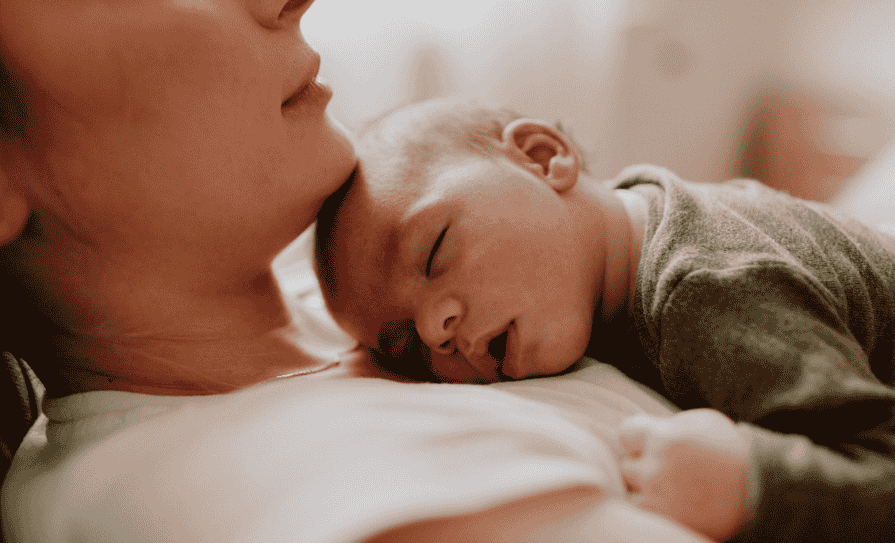To align with National Breastfeeding Week 2024 (1-7 October), the HSE has published the Breastfeeding Action Plan Progress Report 2016-2023. Data demonstrates an 18.6 per cent increase in the number of infants breastfed at three months since 2015 and that 64 per cent of new mothers now initiate breastfeeding after birth. Other key highlights from the report include:
- Almost a four-fold increase in the number of dedicated infant feeding specialists available to support mothers (increasing from 15 to 59 since 2017);
- A new national infant feeding education programme underway for HSE staff;
- Almost 22,000 queries were answered via the HSE online breastfeeding support service since 2016.
This year the theme for National Breastfeeding Week is ‘Supporting you from bump to baby and beyond’. Sheila Lucey, infant feeding specialist in West Cork, said “we are keen to encourage mums-to-be to consider preparing for feeding while pregnant” and encouraged women to contact breastfeeding specialists and attend local community groups.
“Our support groups are safe spaces for mothers at all stages, whether someone is pregnant and thinking about breastfeeding, new to breastfeeding and has questions, or having problems with breastfeeding. We are here to provide non-judgemental advice and support at each and every one of the 215 breastfeeding groups around the country. Support people are also welcome, whether that is dad, partner, granny, grandad, or a trusted friend. Take the opportunity to ask those questions or alleviate any concerns you may have.”
Skilled breastfeeding supports are available in all maternity units and hospitals, in local health services, and online at mychild.ie. Common questions include:
- Is baby getting enough?
- How to settle baby?
- How to treat sore nipples?
- How best to express and store milk?
- Can I take certain medication while breastfeeding?
Minister for Public Health, Wellbeing, and the National Drugs Strategy Colm Burke said: “It is very positive to see that, with investment in resources in breastfeeding supports, there is an increase in the numbers of new mothers choosing to breastfeed throughout the country. The health benefits for both mothers and their infants in the short-term are significant and continued breastfeeding can reduce the risk of long-term health outcomes such as obesity, diabetes, and some cancers.
“Helping more mothers to breastfeed is crucial to improve long-term population health and we must continue our efforts to support parents who want to breastfeed their children. We all have a role to play to promote breastfeeding; within our communities, in public services, in the workplace, along with the invaluable support of volunteer breastfeeding groups and dedicated staff in the health service.”
The full progress report is available at: www.hse.ie/eng/about/who/healthwellbeing/our-priority-programmes/child-health-and-wellbeing/breastfeeding-healthy-childhood-programme/research-and-reports-breastfeeding/.













